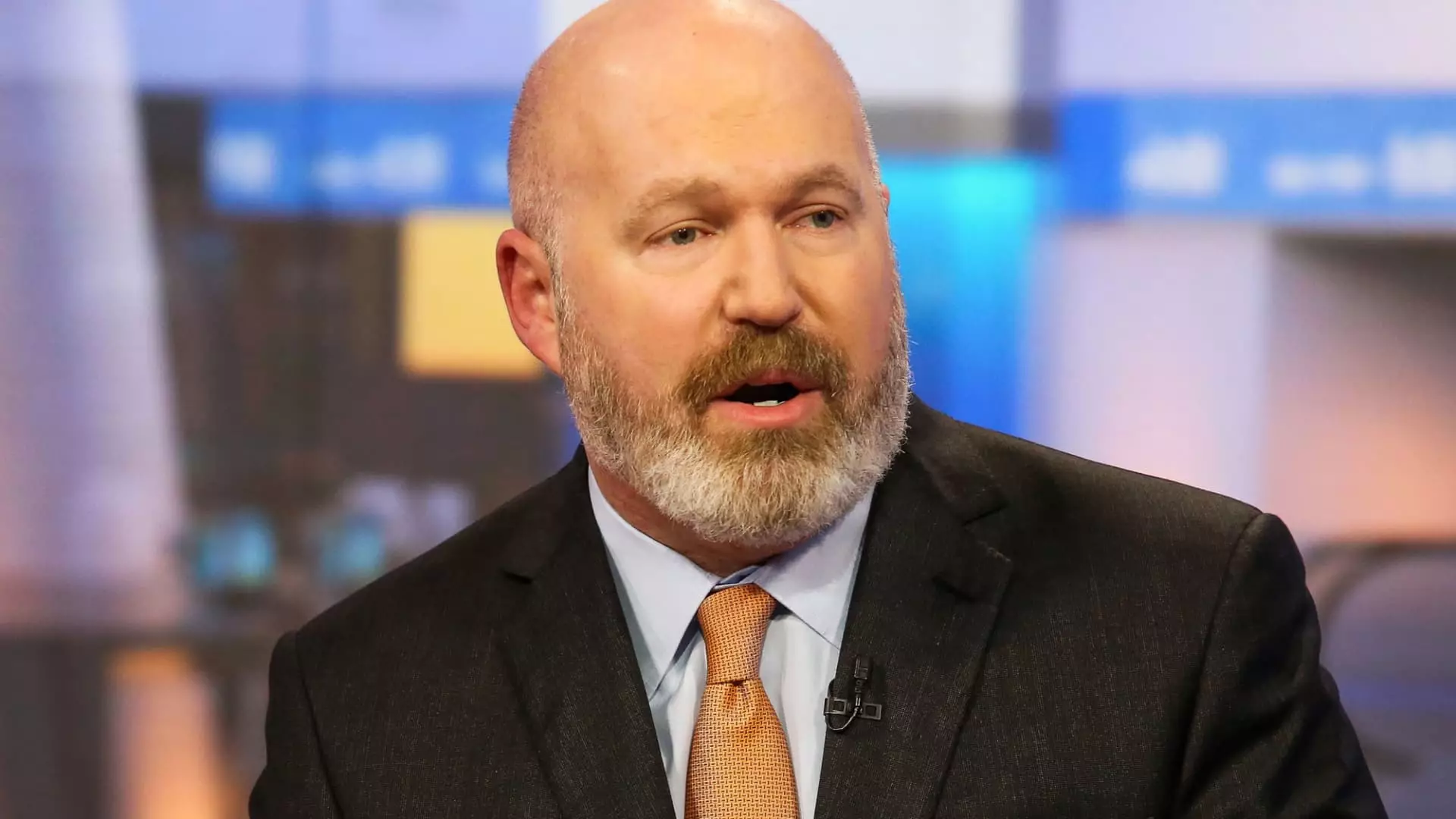In a year characterized by political unrest, global conflicts, and economic unpredictability, AQR Capital Management’s recent success reveals a fundamental shift in how cutting-edge investment firms leverage market volatility. Their remarkable doubling of the S&P 500’s returns through two of their flagship hedge funds is not just a triumph of clever algorithms but a testament to the strategic resilience of a data-driven approach. This demonstrates that in turbulent times, traditional investing methods often falter, but advanced quantitative strategies can capitalize on chaos – a reality that could redefine competitive advantage for savvy investors.
What makes AQR’s approach compelling is their mastery of blending diverse trade paradigms. Their Apex strategy, which mixes equities, macroeconomic bets, and arbitrage, has scored an 11.4% gain in just half a year. Meanwhile, their long-short Delphi fund has outperformed similarly, gaining 11.6%. These results are not coincidental; they reflect a disciplined, multi-layered methodology designed to navigate, or even profit from, uncertainty. The impressive returns serve as a reminder that amid geopolitical tensions and economic shocks, markets tend to be less about predictability and more about strategic positioning—something AQR understands at a granular level.
The Implication of AQR’s Rising Tide for Broader Market Dynamics
The implications stretch beyond mere numbers. Over the past months, stock markets have shown resilience, bouncing back from sharp declines driven by wars and political upheavals—an irony considering that chaos typically breeds caution. AQR’s success illustrates that institutional investors no longer rely solely on sentiment or traditional financial analysis but have increasingly turned to sophisticated, algorithm-driven models that adapt rapidly to shifting conditions. Their trend-following Helix strategy, which earned 7.4% this year, embodies a rational approach: identify patterns and act decisively.
This raises critical questions about the future contours of investing: Will the dominance of quant funds like AQR continue to grow at the expense of more traditional, fundamental investors? There is a clear signal that firms capable of harnessing data, deploying rigorous risk management, and executing complex trades are gaining the upper hand. For those who favor a pragmatic, center-right approach—one that favors innovation, regulation, and a balanced market—this trend offers reassurance. It underscores the importance of embracing technological advancement without allowing risk to spiral out of control.
Market Resilience as a Reflection of Conservative Practicality
AQR’s stellar results also highlight a broader ideological standpoint. In a decentralized, open market, pragmatic conservatism recognizes the importance of disciplined risk management and strategic diversification—principles at the core of AQR’s philosophy. Their roots at the University of Chicago, a hub for rigorous economic analysis, reflect an adherence to principles of value and momentum investing—yet they remain adaptable, expanding into multistrategy approaches that reflect a pragmatic flexibility essential in today’s volatile environment.
While critics may decry hedge funds as only catering to elite interests, the success of firms like AQR showcases the benefits of a well-regulated, innovation-friendly financial ecosystem. It’s a demonstration that markets can, and should, reward prudence combined with technological ingenuity. In an era where global stability is increasingly fragile, their approach affirms the importance of blending investor confidence with disciplined strategies—a stance aligned with a center-right ethos of responsibility, resilience, and strategic foresight.

